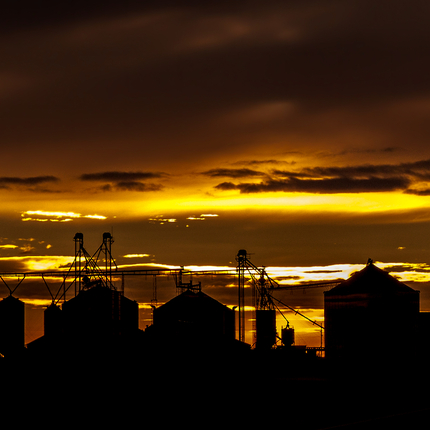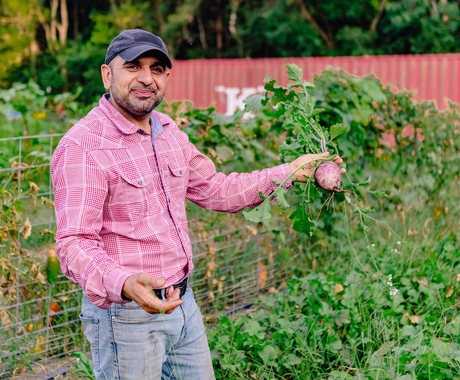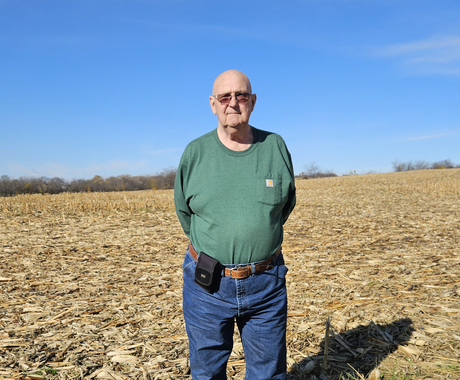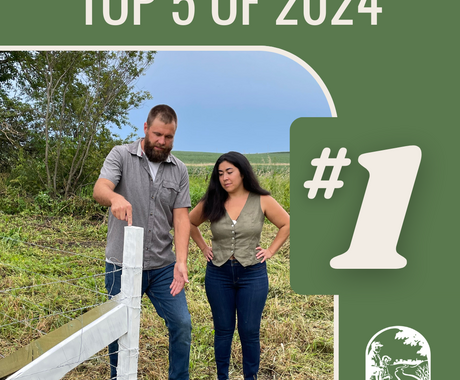Retirement from a farm business may not mean moving away or giving up on mentoring the next generation, but it does entail transferring management decisions to someone else. It can be a gradual or sudden process. It may be driven by long-term goals, by sudden health issues, or events outside your family.
When should farmers retire? The answer is related to choices and goals, and can happen at any time. While many can’t imagine doing anything else except farming, their families may have other ideas and want to share more time with them. Discussions with your family can help design the retirement process.
Allan Nation, of Stockman Grassfarmer magazine, observed that a farmer or rancher is at his peak combination of labor, innovation, and management skills at age 50.
To maintain or grow the farm business after 50 can require an additional infusion of labor and maybe of innovation. That often means a young partner with energy and new ideas. Such a partnership process can greatly improve the income of the business, which may be the means to fund retirement savings after a lifetime of investing in farm assets.
A farmer can look for someone to work into the business at any time, but a planned process will take several years of testing the relationship, training to the uniqueness of the business, and a gradual shifting of management. A five-year time frame can work well to ensure a smooth transition and to demonstrate steady progress to the new farmer. Add ample time for readying the business framework and selecting the best candidate.
The Center for Rural Affairs has resources for retiring and beginning farmers here.
Check out another blog by Wyatt, "Working in a farm successor as part of a retirement plan."





